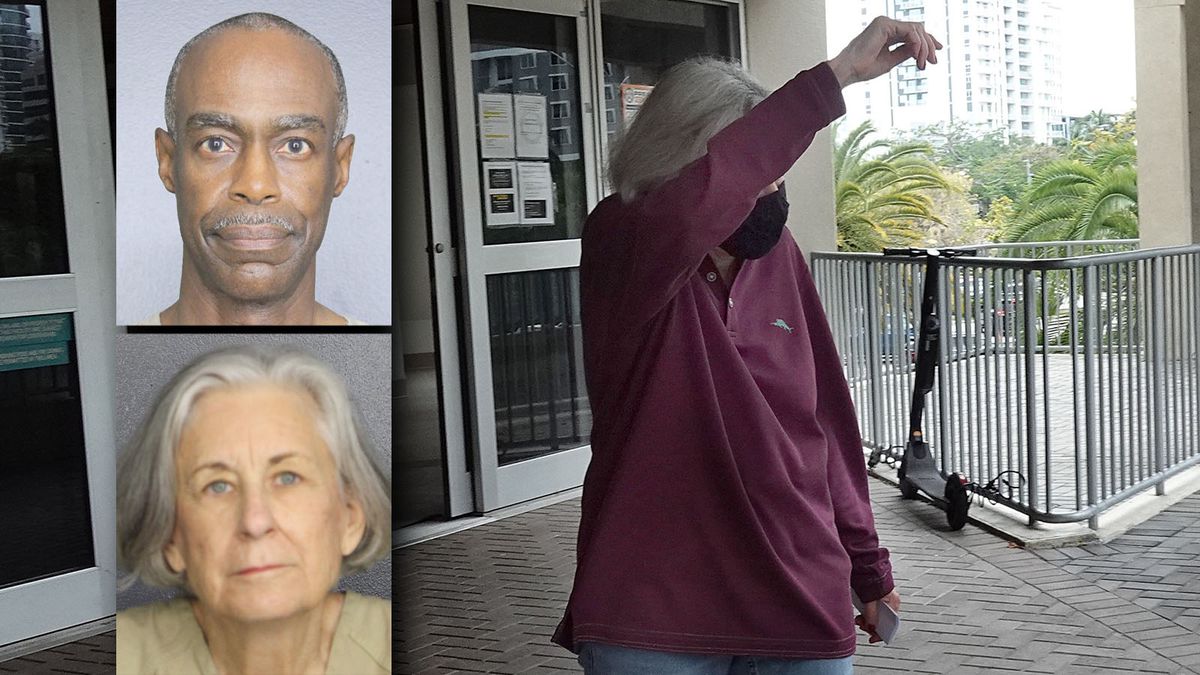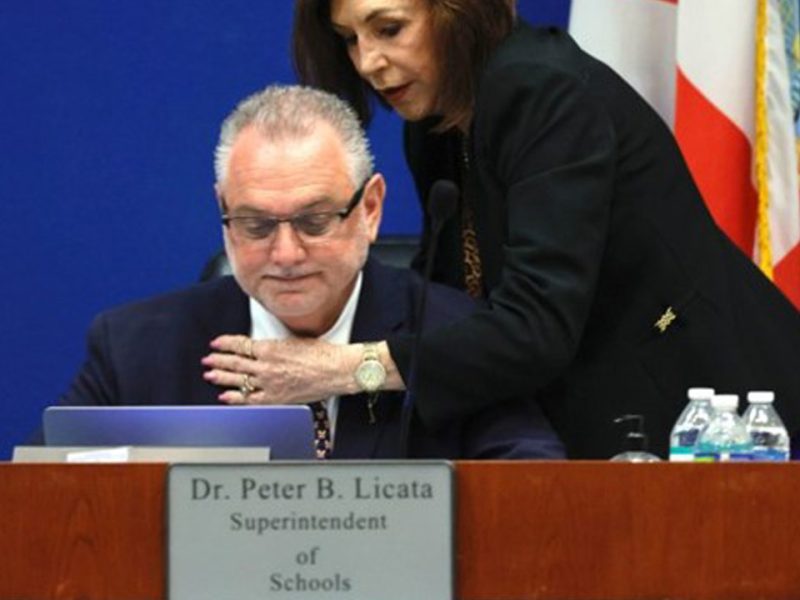School Board to discuss Robert Runcie and Barbara Myrick’s futures
South Florida Sun Sentinel | by Scott Travis and Rafael Olmeda | April 22, 2021
Broward Schools Superintendent Robert Runcie and Barbara Myrick, general counsel for the district, could find out Tuesday whether they will stay in their roles while they fight felony charges by a statewide grand jury.
A discussion is scheduled for 2:30 p.m. Tuesday. The School Board had already scheduled to discuss academic issues in workshops from 10 a.m. to 4 p.m., and this will be added.
Runcie, 59, and Myrick, 72, were indicted on third-degree felonies earlier this month. Their indictments were unsealed Wednesday and they were arrested, Runcie for perjury and Myrick for leaking information about the grand jury’s proceedings.
“In light of the events that transpired yesterday regarding the Superintendent and General Counsel, I have been coordinating with the Board Chair to schedule an opportunity for the Board Corporate to have a public conversation to discuss this issue,” wrote Jeff Moquin, Runcie’s chief of staff.
Moquin said an outside lawyer will review Runcie’s and Myrick’s employment agreements to discuss “and be present on Tuesday to answer any questions.
Runcie and Myrick are due in court May 12 for their formal arraignment on charges.
They will appear before Broward Circuit Judge Martin Fein.
Attorneys for both Runcie and Myrick say they have no details about what their clients did that was illegal, and no information has been disclosed by the statewide prosecutor’s office.
Runcie’s attorney, Michael Dutko, said Wednesday he intends to file a demand for “particulars” — information outlining exactly what it is Runcie allegedly lied about in his testimony to the grand jury, which had been meeting from 2019 until just days ago.
Runcie’s alleged perjury came in testimony he gave to the grand jury on March 31 and April 1, according to his indictment. Myrick improperly shared grand jury information between March 31 and April 14, according to her indictment.
After an arrest, arraignment is one of the earliest steps in the prosecution process. The defendants routinely plead not guilty and the attorneys on both sides begin scheduling hearings and other court dates to determine witness lists, depositions and evidence that will be part of the case.






